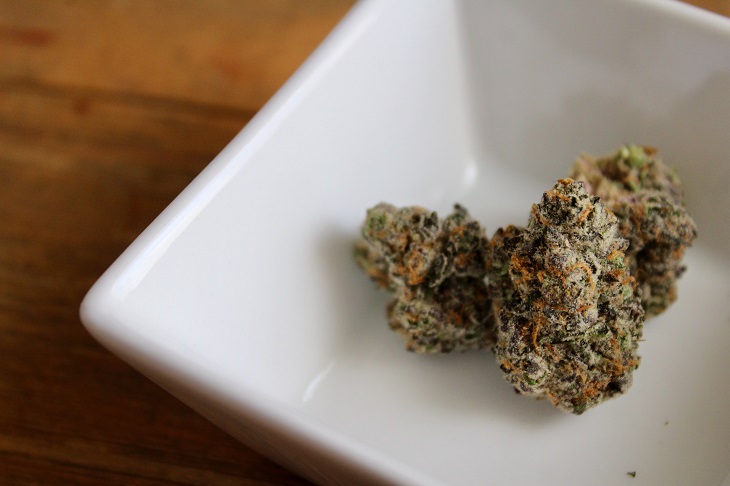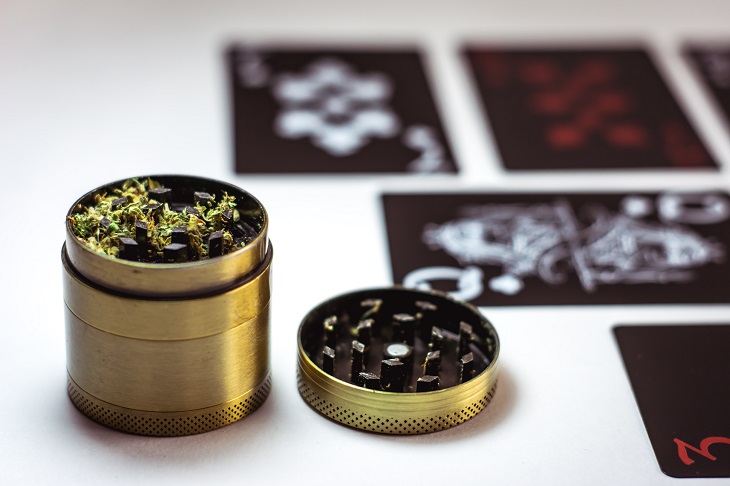Because medical marijuana (MMJ) is still a fairly new enterprise in the U.S., lawmakers are continually coming up with new regulations to better monitor its safety for consumers. One of the biggest questions that has come to the forefront is “Should medical marijuana have a THC cap?”. Lawmakers are trying to pass legislation that would answer this question to help more closely regulate MMJ products.
What does a THC cap mean?
First off, THC, or tetrahydrocannabinol, is the chemical found in marijuana plants that is responsible for its psychoactive effects. Basically, it’s what gives people a feeling of being high, often accompanied by a relaxed or euphoric state. Some people feel that THC caps should be implemented so that MMJ products’ effects would be limited (with the goal of decreasing a too big of a high in a person’s system). Several lawmakers tried to introduce a bill to cap THC, citing some research that indicated high levels of marijuana were linked to psychosis and/or schizophrenia in some marijuana users. They have also expressed concern that individuals under the age of 21 were consuming MMJ products with high THC content, which could create possible mental impairments.
Current law only restricts THC levels in edibles, which generally contain around 10 mg of THC per serving. Industry experts posit that this level is much higher than what most people would consume in a single dose anyway. Lawmakers were also trying to get a bill passed that would cap THC at 10% potency in smokable MMJ products as well as edibles. They also wished to put into effect a law that would prohibit doctors from prescribing full-strength MMJ products for patients under 21 (with exceptions for patients who are terminally ill, or whose doctors can make a case for them needing higher levels of THC because of their medical condition). None of these bills have been enacted into law yet.

Image by Christina Winter on Unsplash: MMJ products could potentially have a THC cap placed on them in the future.
Is there a THC cap for medical marijuana?
Because different states have varying laws regarding marijuana, you may be asking yourself, “What is the THC cap on medical marijuana in my area?”. Many opponents of the proposed amendment to place a THC cap on MMJ products say that if the bill passed, it would only hurt MMJ patients. They suggest that a cap could force prices up for MMJ users and drive individuals to buy black-market products in order to self-medicate with higher THC levels. The following states have all tried to push legislation through recently without success:
- Colorado: Advocates tried to get a plan passed to push the limit of THC to 16%, but withdrew the plan in 2016.
- Washington: A proposal to cap cannabis at 10% THC has stalled and likely won’t move forward.
- Alaska: A proposal to cap marijuana at 76% THC was voted down.
Is there a limit on how strong medical marijuana can be?
It can be confusing to tell whether there is a THC cap for medical marijuana in each state or what the cap is, so the best thing for an MMJ patient to do is to research their individual state’s MMJ laws before purchasing or consuming products. A typical dose to treat symptoms of a medical condition is likely much lower than what the cap would be anyway.
Additionally, effective doses of MMJ also differ from person to person. One individual might find their symptoms are alleviated by a low dose of a cannabis tincture with 5% THC, while someone else might find that even less THC does the trick to give them relief. Patients should do their own experimenting (with the help of their doctor) to determine what form of marijuana and which dose would be the safest and most effective for their specific needs.

Image by Esteban Lopez on Unsplash: Patients should work with their doctor to determine which TCH level will be the most effective for them.
How can a patient get MMJ products?
People who are suffering from a physical or emotional medical condition (ranging from cancer symptoms to glaucoma to post-traumatic stress disorder) can find benefits in using MMJ products. They can get evaluated by a physician at MMJRecs to see if they’d be a good fit for an MMJ card. The whole process is done online, so it provides all the convenience of a virtual experience. Once the process is complete, the MMJRecs physician will provide the patient with an MMJ card that gives them access to legally purchase medical marijuana products in their home state.
Many MMJ advocates argue that a cap on THC would mean that patients who use MMJ products to treat their medical conditions would be facing an unfair limitation to a product that is helping them. They suggest that the government stay out of establishing a THC cap and let patients work with their own medical professionals to determine what will best help them. Perhaps physicians are much more equipped to help their patients determine proper THC levels or the right strains than lawmakers are. For the time being, most individuals will be able to find the MMJ products with the THC levels that they need. But there’s always a possibility that legislation could get pushed through to change this in the future.
